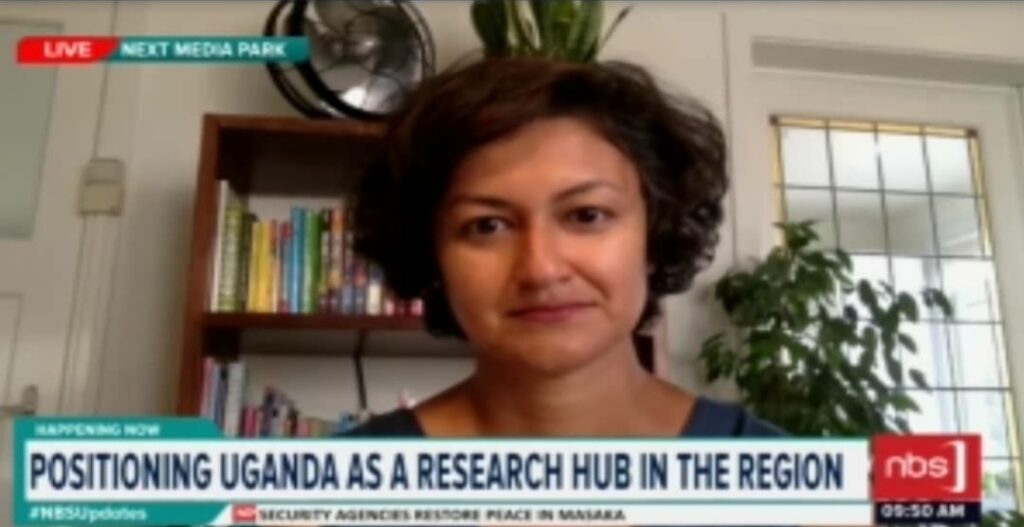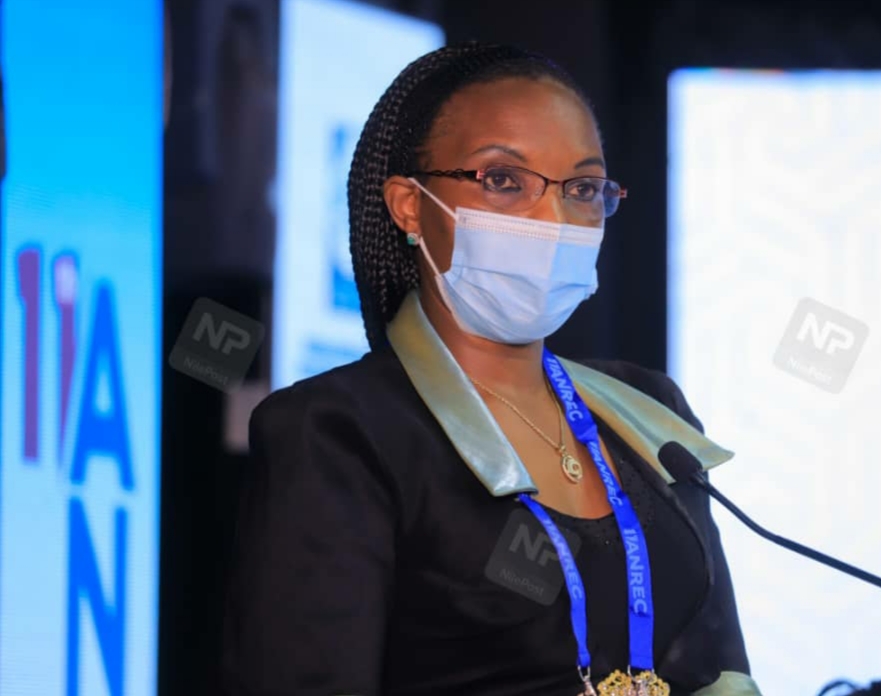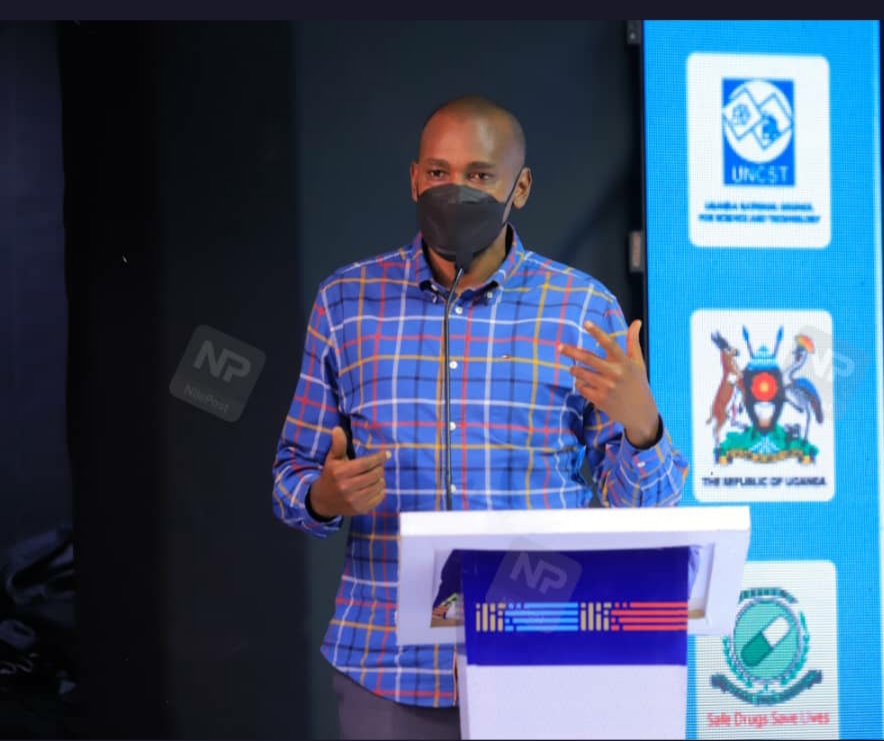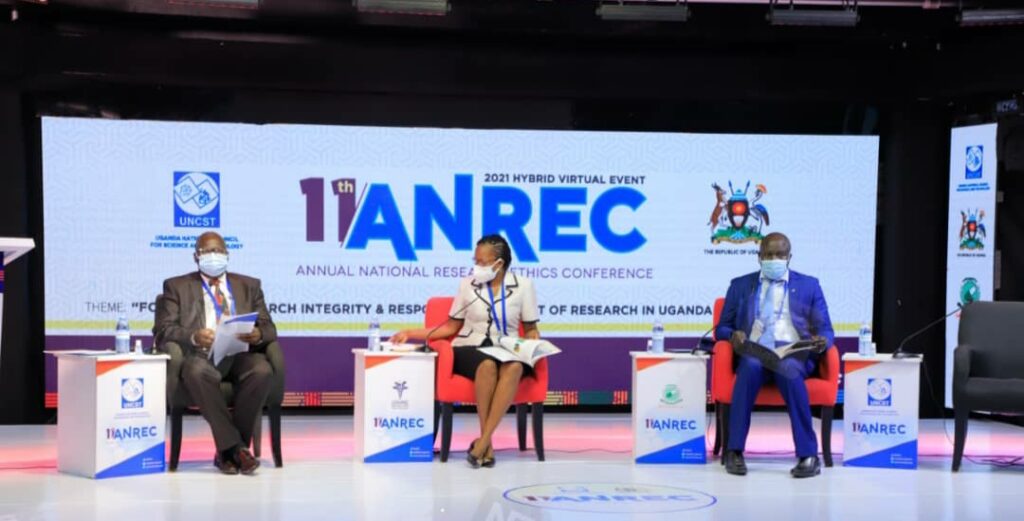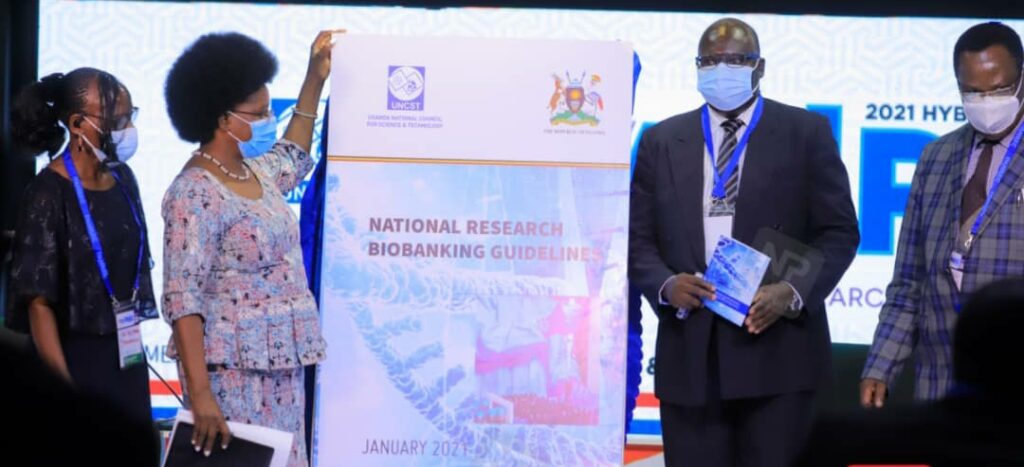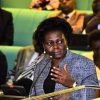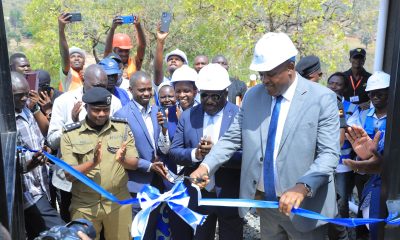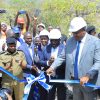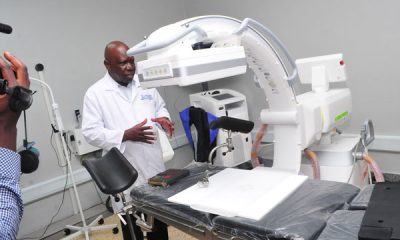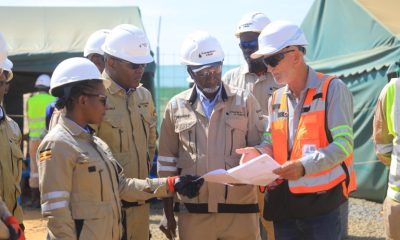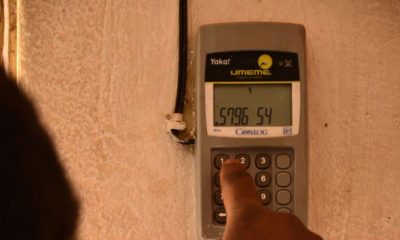The Uganda National Council for Science and Technology (UNCST) adopted the concept of the Annual National Research Ethics Conference (ANREC) in 2009 to provide a forum for sharing experiences, discussing contemporary issues relevant for human research, building capacities, sensitizing the public and identifying options for addressing ethical dilemmas experienced in the conduct of research in Uganda.
The previous ANREC demonstrated the gradual development of research ethics in Uganda and the region, shared ideas and experiences.
The ANREC has been organized by UNCST since 2009, as a platform for interaction among various actors involved with human and animal subjects’ research. It brings together researchers, regulators, policy makers, members of research ethics committees, civil society groups and research communities.
The previous ANREC demonstrated the gradual development of research ethics in Uganda and the region, conference participants shared ideas and experiences on the evolution of research ethics. Focus was on the past, present and future of research ethics in Uganda and the region.
The 10th ANREC explored ways to advance research ethics in Uganda and in East Africa, and align with global developments in the field.
The 11th ANREC 2021 focused on Fostering Research Integrity and Promoting Responsible Conduct of Research in Uganda and the Region. Given the COVID-19 restrictions on public gatherings, and the need to protect the health and safety of our stakeholders, the 2021 Annual National Research Ethics Conference was streamed virtually from 14th – 16th September 2021.
The national research Biobanking research guidlines was launched at this Annual national research conference and Dr. Lisa Nelson said that sustaining this conference for the 11th year in a row is a huge accomplishment, and I would like to say congratulations. She says CDC remains committed to ensuring that public health research is done with integrity as a core.
Dr. Monica Musenero in her opening remarks said, “I thank the organisers for inviting me to officiate this conference. I congratulate you on organizing it despite the challenges of COVID19. I celebrate us for being adaptive.”
Musenero said that she has been gratified to find out how much research was going on in the pre-colonial times. “I don’t know if you ever question yourselves how our ancestors found out which plants were medicinal.” Dr. Monica Musenero added that she will be visiting the donors and holding discussions to see that intellectual property rights are not signed off to the donors but left in the hands of Ugandans after research has been done. If you go to our shops, you hardly find anything made in Uganda, and yet there is a lot of research going on.
The chair Organising Committee, Dr. Gertrude Kiwanuka said communites are no longer passive recipients of research finding during her speech.
Dr. Hellen Ndagije from UNDAuthority said they are determined to create a conducive and supportive environment for research. This includes working with agencies like UNCST (Uganda National Council for Science and Technology)
Dr. Sam Okware said an enabling environment in research is required to ensure that the least harm is done to the subjects. Researchers, too, need to be protected.
Ongol Martin Ag. Executive Secretary UNCST appreciated CDC_Uganda for supporting development of the Biobanking Guidelines.


